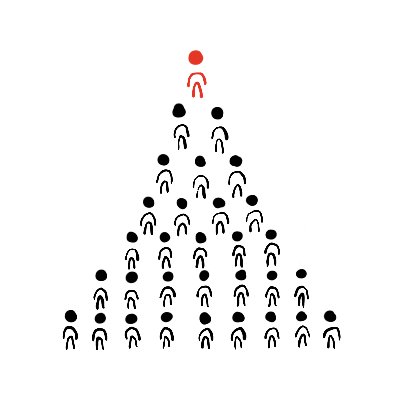Conservatism 101
IMPORTANT: The purpose of this essay collection is to introduce the political philosophy of conservatism [1]. It's a crash-course specifically designed for people who aren't that familiar with it [2], with the goal of showing why it's useful, and what niche it fills in the political landscape.
[1]Obligatory apology: conservatism means different things to different people, and the version I'm laying out here is just the one that I've found personally useful. As always, take what makes sense to you, and let be that which doesn't.
[2]This includes people who have a strong negative opinion about it. Such opinions are principally the result of mis-learning; they've heard a lot about conservatism over the years, leading them to believe they understand it, but all that they've learned has been negative, leading them to a dramatically unbalanced understanding.
In this collection, I will be presenting conservatism's positive aspects, along with caveats to help you better understand its limitations and weaknesses. To borrow from an aphorism: in order to not throw the baby out with the bath-water, you gotta know what the baby looks like.
The core idea that constitutes conservatism is keep what works. Society is not politically ignorant; there's thousands of years of history documenting political innovations and their impacts, and it's incredibly useful to mine this knowledge for wisdom about how to structure human affairs. While history does not repeat itself, it does rhyme, and if you know the previous verses, it'll help you to understand where in the rhythm and meter we are, the better to complete some political poetry. Caveat [3].
[3]Undergirding this is the assumption that politics is a product of human nature, and human nature has not changed. Humans are ever-evolving, and we are living during a period of tremendous evolutionary pressure; in so far as evolution moves through periods of punctuated equilibrium, we are in one of the punctuating moments. Evolution is surprisingly fast, but it's still extremely slow compared to the development of political institutions.
